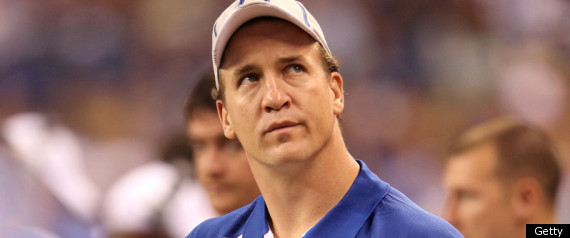NEWARK, Calif., Sep 28, 2011 (GlobeNewswire via COMTEX) -- StemCells, Inc.
STEM -2.35% announced today that three of its senior executives and a key academic research collaborator are scheduled to present at the 2011 World Stem Cell Summit scheduled for October 3-5, 2011 at the Pasadena Convention Center, Pasadena, California. The World Stem Cell Summit is the global stem cell and regenerative medicine community's leading event, and allows scientists, patients, advocates, business people, investors, educators, ethicists, policy makers, and government representatives from around the world to meet, share knowledge and collaborate with others in the field.
Ann Tsukamoto, Ph.D., Executive Vice President, Research & Development of StemCells, Inc., will be a featured speaker during a plenary discussion on "How Stem Cells Are Transforming Medicine -- ISSCR Perspectives," which is scheduled for 9:00 am PT on Monday, October 3.
Aileen Anderson, Ph.D., a professor at the University of California, Irvine, will speak during a session on "Stem Cell Translational Report -- Spinal Cord Injury, Paralysis and MS," which is scheduled to begin at 2:30 pm PT on Tuesday, October 4. Dr. Anderson has collaborated with the Company to publish numerous preclinical studies to demonstrate the therapeutic potential of the Company's human neural stem cells for the treatment of spinal cord injury.
Stephen Huhn, MD, FACS, FAAP, Vice President and Head of the CNS Program at StemCells, Inc. will be a featured speaker during a session on "Promising Science from Industry Labs." This session is scheduled to begin at 1:00 pm PT on Wednesday, October 5.
Martin McGlynn, President and CEO of StemCells, Inc., will discuss the Company's clinical development program during a session on "Key Clinical Trial Updates," which is scheduled to begin at 2:00 pm PT on Wednesday, October 5. The Company is currently conducting two clinical trials of its HuCNS-SC(R) cells, one in chronic spinal cord injury and one in a myelination disorder in the brain.
The multiple presentations by the Company's executives and collaborator highlight the groundbreaking scientific achievements and progress in advancing novel discoveries to potential breakthrough therapeutic applications. StemCells, Inc. is pleased to be an integral part of this important and rapidly growing event and to have the opportunity to interact with researchers, clinicians, and patients with an interest in novel stem cell-based approaches to intractable neurodegenerative diseases.
About StemCells, Inc.
StemCells, Inc. is engaged in the research, development, and commercialization of cell-based therapeutics and tools for use in stem cell-based research and drug discovery. The Company's lead therapeutic product candidate, HuCNS-SC(R) cells (purified human neural stem cells), is currently in development as a potential treatment for a broad range of central nervous system disorders. Clinical trials are currently underway in spinal cord injury and in Pelizaeus-Merzbacher disease (PMD), a fatal myelination disorder in children. In addition, the Company plans to file an IND by year-end 2011 to initiate a clinical trial of HuCNS-SC cells in the dry form of age-related macular degeneration, and is also pursuing preclinical studies of its HuCNS-SC cells in Alzheimer's disease and stroke. StemCells also markets stem cell research products, including media and reagents, under the SC Proven(R) brand, and is developing stem cell-based assay platforms for use in pharmaceutical research, drug discovery and drug development. Further information about StemCells is available at http://www.stemcellsinc.com .
The StemCells, Inc. logo is available at http://www.globenewswire.com/newsroom/prs/?pkgid=7014
Apart from statements of historical fact, the text of this press release constitutes forward-looking statements within the meaning of the U.S. securities laws, and is subject to the safe harbors created therein. These statements include, but are not limited to, statements regarding the clinical development of its HuCNS-SC cells; the timing and prospects associated with filing an IND to initiate a clinical trial in age-related macular degeneration; the Company's ability to commercialize drug discovery and drug development tools; and the future business operations of the Company. These forward-looking statements speak only as of the date of this news release. The Company does not undertake to update any of these forward-looking statements to reflect events or circumstances that occur after the date hereof. Such statements reflect management's current views and are based on certain assumptions that may or may not ultimately prove valid. The Company's actual results may vary materially from those contemplated in such forward-looking statements due to risks and uncertainties to which the Company is subject, including those described under the heading "Risk Factors" in the Company's Annual Report on Form 10-K for the year ended December 31, 2010 and in its subsequent reports on Form 10-Q and Form 8-K.


